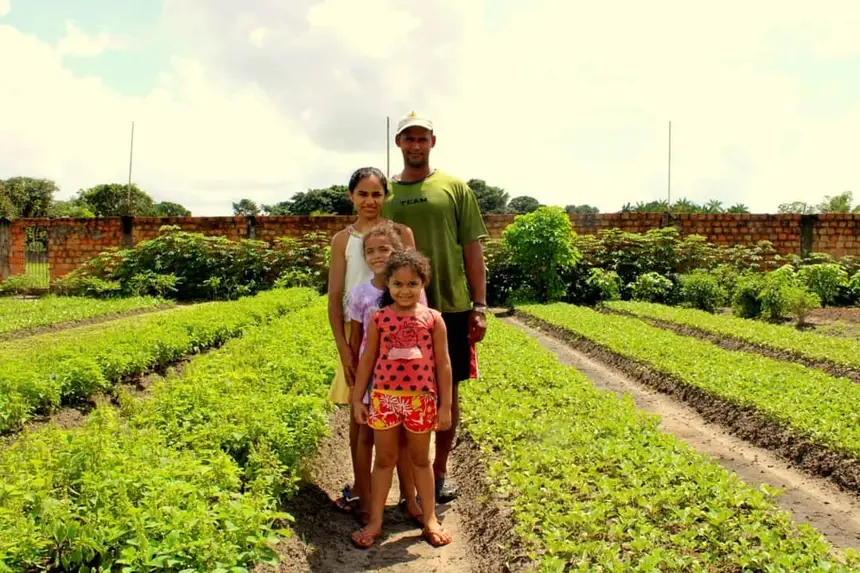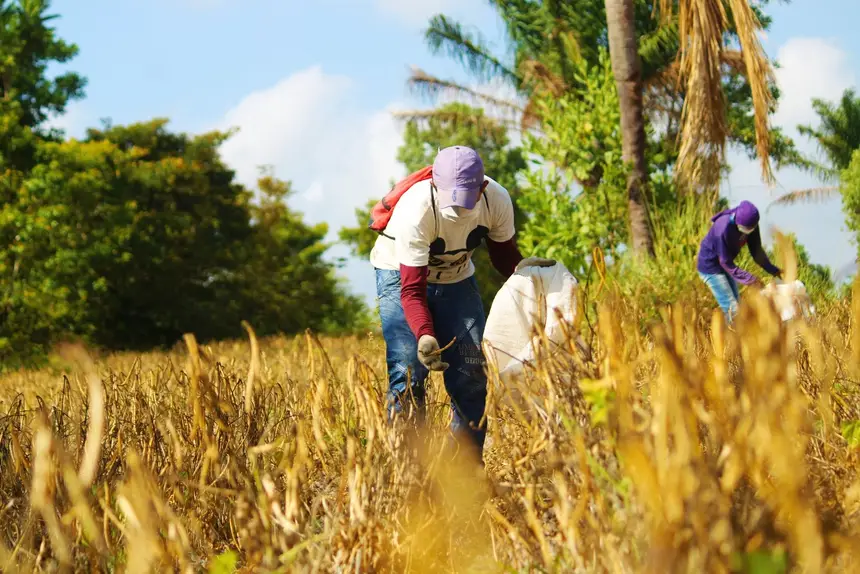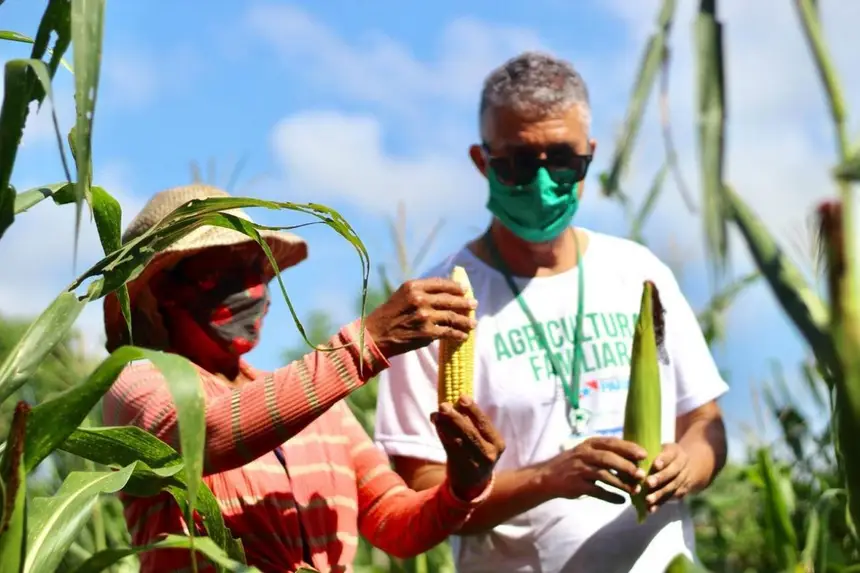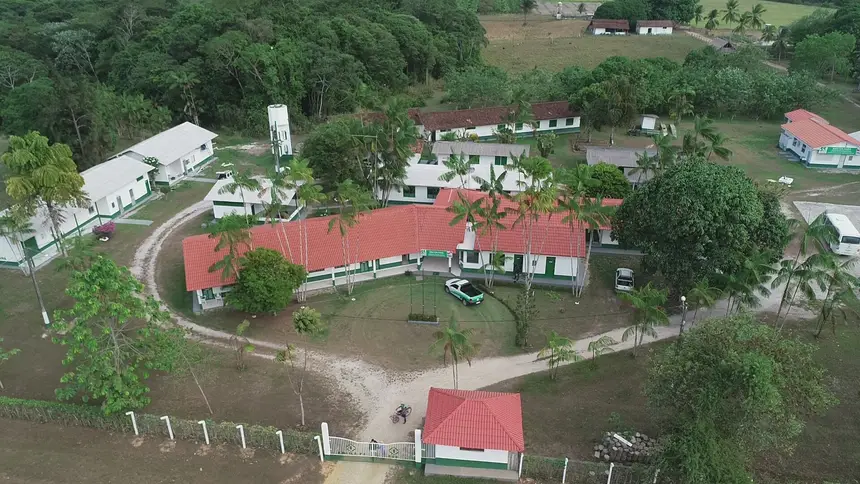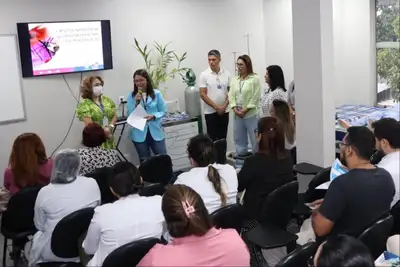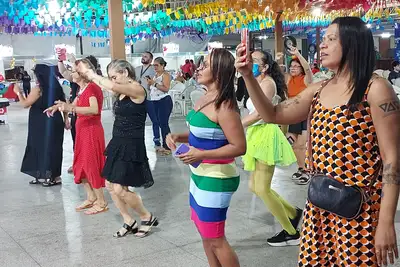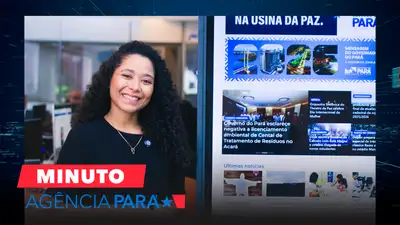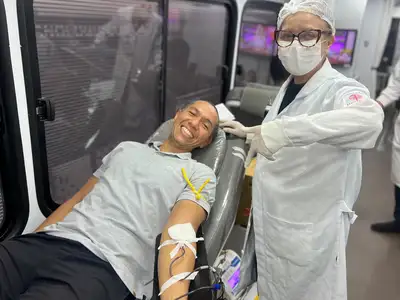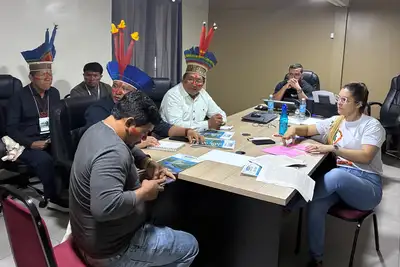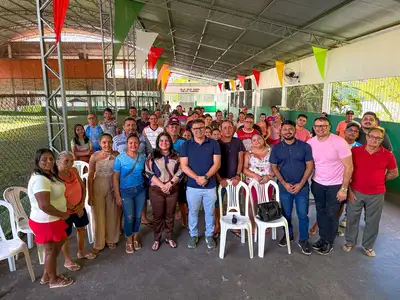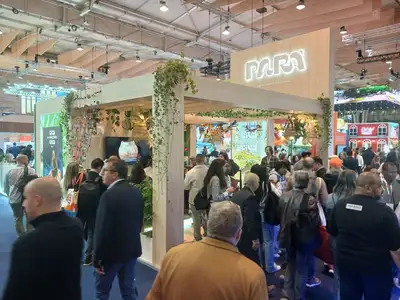Emater participates in COP 30 panels and reaffirms commitment to family agriculture during global climate agenda
The public technical assistance company will also launch an app to facilitate access to services for small producers throughout the state
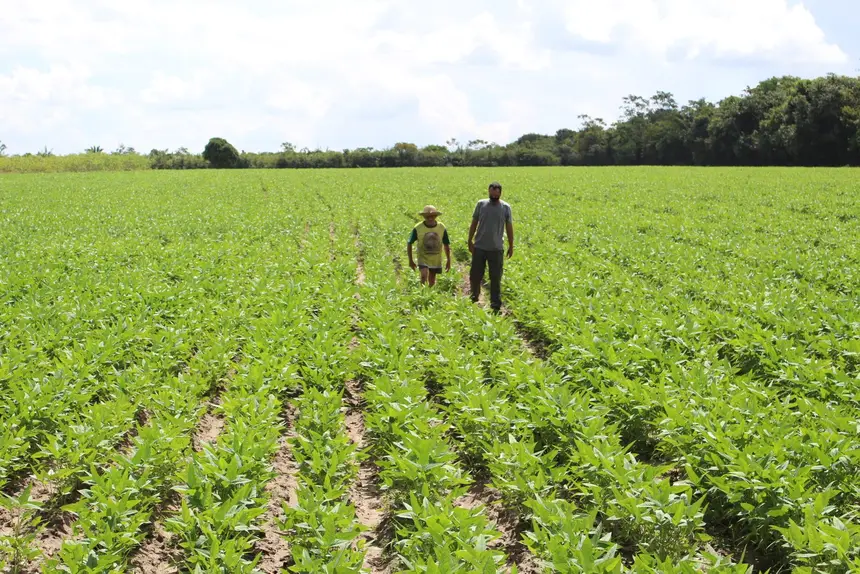
The Technical Assistance and Rural Extension Company of the State of Pará (Emater-Pará) will participate in several panels in the Green Zone and in the Agri Zone (Agri Talks Arena) at Embrapa during the COP 30 (30th World Conference on Climate Change) programming, from December 10 to 21, in addition to external programs throughout the event.
In the Pará Pavilion, on the 10th, the public company will present a panel on "Amazonian Bioinputs: Converting Organic Waste into Productivity for Horticultural Products - composting organic waste from the marketing of horticultural products," with agronomist and rural extensionist Antônio Carlos from the Emater Local Office in Santa Bárbara do Pará.
On the 14th, the highlight panel will be "Payment Mechanisms for Environmental Services as a Strategy for Transitioning to a Low Carbon Economy," in partnership with the State Department of Environment (Semas) and will be presented by the Operations Coordinator (Coper) of Emater-Pará, Camila Salim.
According to the environmental engineer and master in environmental sciences, the payment mechanism for environmental services emerged through a pilot project that values sustainable territory and can generate income for family farmers while conserving nature and its natural resources.
"The State recognizes the benefits that these farmers can provide by using environmental conservation practices to recover their degraded areas. And Emater, which is already in daily contact with family farmers, strengthens these practices, encouraging them to join this pilot project to reduce deforestation and increase the demand for implementing projects to recover degraded areas, Agroforestry Systems (SAFs), generating income for these family farmers and keeping the forest standing," she clarified.
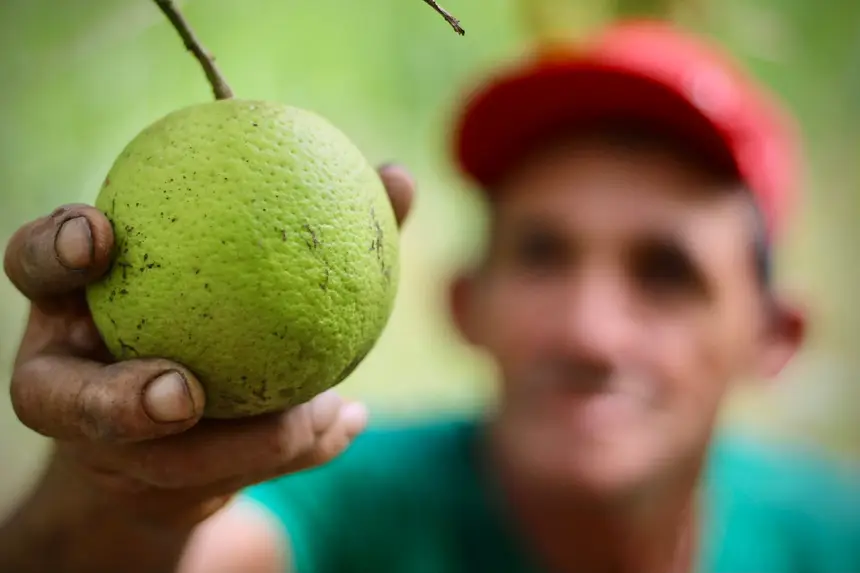
Traditional Peoples - On the 15th, the debate will focus on traditional peoples with the theme "Indigenous Ater in the Santarém Plateau Region: A Pioneering Experience," which will highlight various initiatives and results of actions aimed at indigenous peoples served by Emater in the region and will be led by rural extensionists Ângela de Jesus, Keyse Costa, Nívea Araújo, and Elton Ferreira from the Emater Local Office in Santarém.
On the 18th, three panels will stand out during the programming. The first will be about "Environmental Regularization of Family Agriculture" and will discuss important points about socio-environmental political bases and sustainable production in the Amazon. Again, another panel aimed at traditional peoples, on the same day, Emater will present "Living Territories: The Rural Environmental Registry for Traditional Peoples and Communities as a Tool for Sustainability and Climate Justice in the Amazon." Both panels will be presented by the coordinator of the Geotechnologies Nucleus of Emater-Pará, Jamerson Viana.
Agri Zone - Emater-Pará will also participate in panels in the Agri Zone and the Amazon Legal Consortium Space (CAL), with presentations of the "Food Sovereignty Project for the Amazon Legal," "Landscape Dynamics of the Santarém Metropolitan Region," "Food Security: Innovation and Socio-productive Inclusion of Family Farmers in the State of Pará - Successful Experiences of the Rural Promotion Program," "Socioproductive Projects and Financing Lines in Quilombola Territories," among other panels.
Digital Inclusion - Among the highlights in both areas is the realization of the I International Forum on Family Agriculture: Ater and Rural Credit Panel, with the presentation of the Sisater Pai D`égua application.
The Technical Assistance and Rural Extension Activity Monitoring System (Sisater) is a system composed of various modules containing information about beneficiaries, social organizations, production units, activity records, rural credit, among others. But from now on, it can be used at your fingertips.
"This application will serve as a facilitating and technological tool to feed our information system about family farmers and all the activities and assistance they have received, enabling the generation of declarations that are normally used by them for retirement, proving their activities, and this will further facilitate access to rural credit, among other benefits, in addition to promoting direct communication with local offices for scheduling their activities, allowing digital inclusion," explained Cristiane Corrêa, Technical Coordinator of Emater-Pará.



